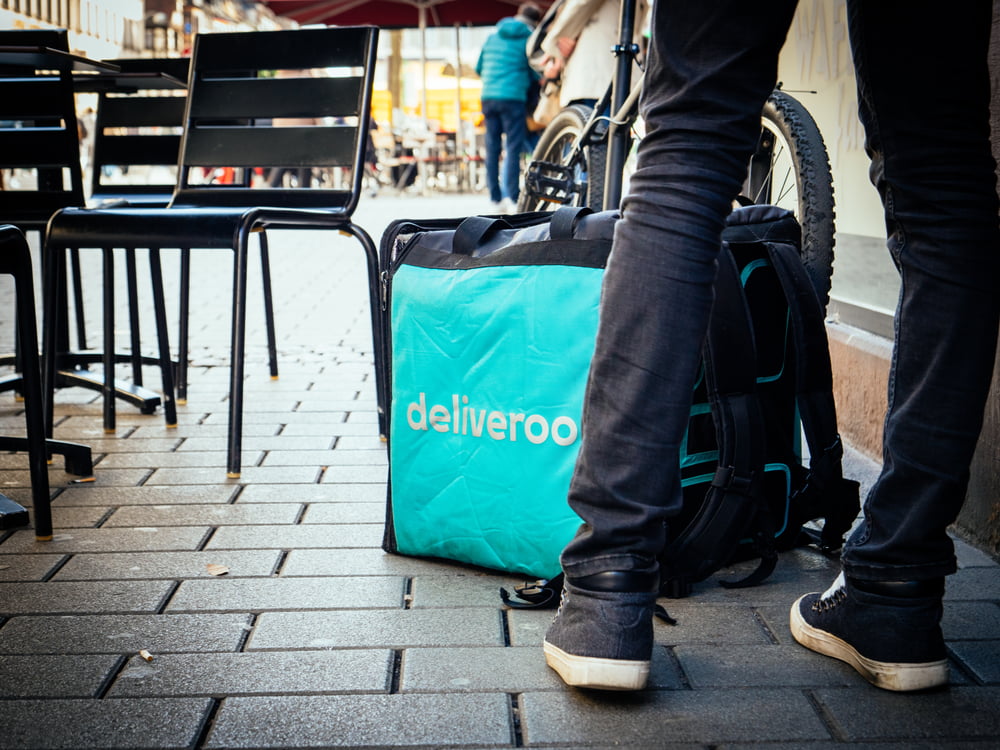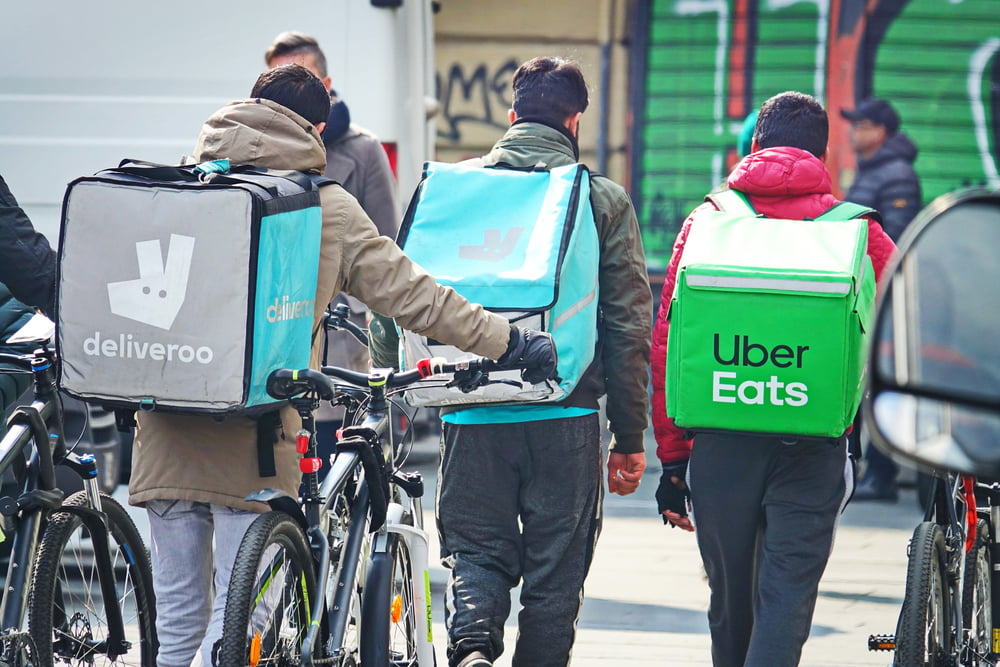Deliveroo meal deliverers are covered by the collective labor agreement for the transport of goods. That is what the court ruled on appeal in a case that FNV brought against Deliveroo. The verdict comes after another appeal case ruled that the deliverers are employees and not freelancers, as Deliveroo claims.
Willem Dijkhuizen, director of FNV Transport & Logistics: 'These pronunciation is again good news for the meal deliverers. Because they are now covered by this collective labor agreement, their terms of employment are arranged properly in one go and they have certainty about their income.'

Pronunciation
Due to the judge's ruling, the deliverers are entitled to, among other things, a fixed hourly wage, allowances and holiday pay, and their wages are paid during waiting time, illness and days off. Dijkhuizen: 'The ruling applies retroactively to all deliverers who work and have worked for Deliveroo. Deliverers can report to FNV to jointly claim an employment contract that includes a collective labor agreement.'
Lawsuits
FNV has several lawsuits pending against platform companies that use bogus self-employed workers, such as Deliveroo, Temper and Uber. Zakaria Boufangacha, Vice-President FNV: 'These lawsuits would not be necessary if the government enforced its own laws. For 5,5 years, however, the government has barely enforced the approach to sham commissioning. As a result, platform companies can avoid being an employer and thus compete unfairly with companies that properly comply with the labor and collective labor agreement rules.'
More and more resistance
There is increasing political opposition to the excesses of flexible working. The European Commission recently presented a proposal to better protect platform workers. Last year, the Borstlap committee also spoke out against the increased flexibility. Last June, the SER recommended introducing a 'legal presumption of employeeship' at an hourly rate below 30 to 35 euros. This means that if the worker believes that he or she is an employee, the employer must prove the contrary in court.
Coalition agreement
The recently presented coalition agreement indicated that the government wants to combat bogus commissioning by means of better enforcement. Boufangacha: 'It seems that the government is feeling the urgency. That is the merit of the platform employees who have stuck their necks out together with FNV. It is important that politicians act quickly now and that tackling sham commissioning is implemented quickly.'
Also read: FNV wins: Uber must hire drivers


